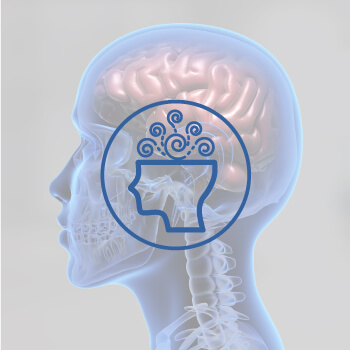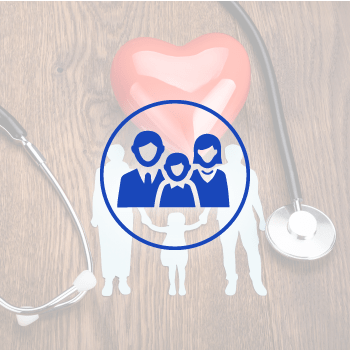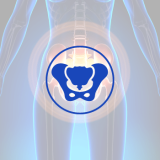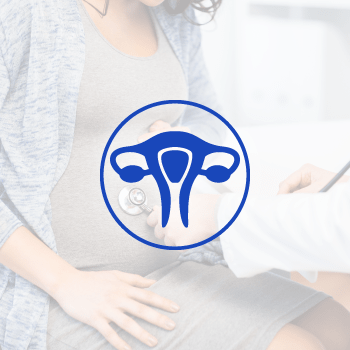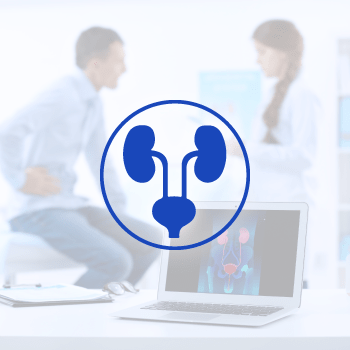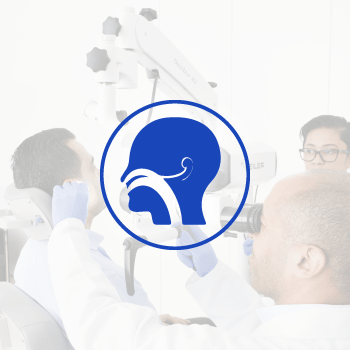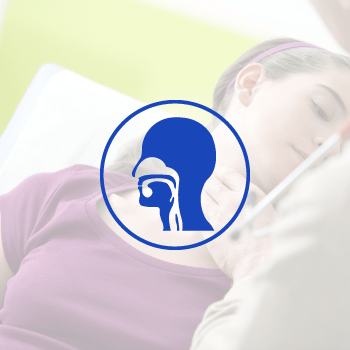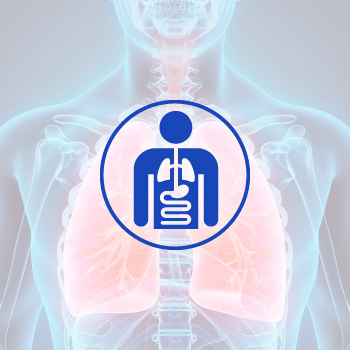Menopause is when the ovaries stop ovulating and menstrual periods stop.
After menopause, a woman can no longer get pregnant.
Menopause does not happen abruptly, most women experience changes in their body and periods years prior. Menopause is associated with declining levels of hormones in the body with resulting symptoms such as hot flashes, night sweats, sleep problems, mood changes and vaginal dryness.
- AGE
- STAGES OF MENOPAUSE
- MENSTRUAL CYCLE CHANGES
- MENOPAUSE SYMPTOMS
- MENOPAUSE TREATMENT
The average age of menopause is 51 years old. Although the range can vary from 45-55 years old. Women who undergo menopause prior to the age of 40 are considered to have premature menopause- otherwise defined as primary ovarian failure.
By definition, menopause is when a woman does not have periods for a full 12 months.
Menopause is a natural part of a woman’s life.
The treatment of menopause depends on its symptoms and how disruptive they are to the individual.
- Perimenopause: Also defined that the menopausal transition. This is the time when your periods started to become irregular and possibly less frequent. This phase is on average 4 years.
- Menopause: It is defined when it has been 12 months since your last menstrual period.
- Postmenopause: You have already been through menopause.
After hysterectomy
For patients who don’t have a uterus and still have ovaries, it is hard to know when menopause starts because they do not have periods. These patients can still feel menopausal symptoms because of declining ovarian function and declining hormonal levels.
- More frequent or less frequent periods
- Heavier or lighter periods
- Skip periods
- Spotting between periods
Irregular vaginal bleeding may be a normal part of menopause, or it may be a sign of a problem. Talk to your doctor if you have abnormal bleeding.
As the function of the ovaries decline, the level of the hormones fall in the body. This leads to having typical symptoms of menopause. For some women, the symptoms are minimal or nonexistent, while for others they are extremely irritating and interfere with her daily life. Usually the symptoms start during menopausal transition.
Common symptoms of menopause include:
- Hot flashes
- Night sweats
- Sleep problems
- Vaginal dryness
- Depression
- Mood swings
- Declining energy levels
- Joint pains
- Decreased sexual desire
The decision to prescribe treatment depends on the individual’s symptoms and how bothersome they are. Affective treatment options are menopausal hormone replacement therapy and non-hormonal treatment. Talk to your doctor for more treatment options.
Menopause clinic at Harley street
At Harley Street, we work in an individualized approach to help you go through menopause with as much support as possible to make your transition smooth.
In addition to our expert Gynecologists, we have an all Multidisciplinary team of Menopause-trained clinicians, comprising Family Medicine Consultants, Gynaecologists, Psychologist, Physiotherapists, Dietician and Pharmacists and associated specialties with a special interest in menopause such as Cardiology, Urology and Psychiatry.
Our gynecologists can also treat you for pelvic organ prolapse, urinary incontinence, painful intercourse and irregular bleeding.

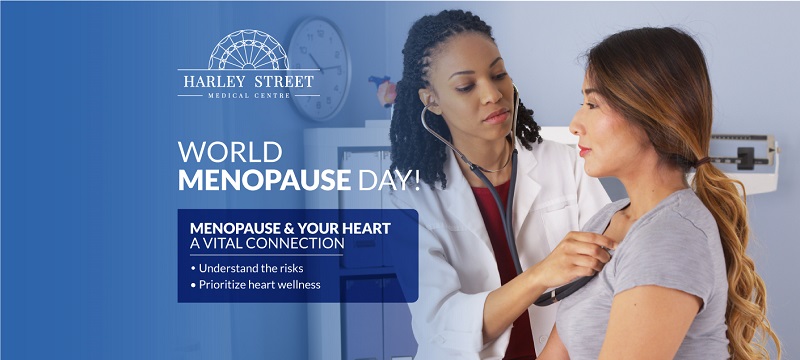
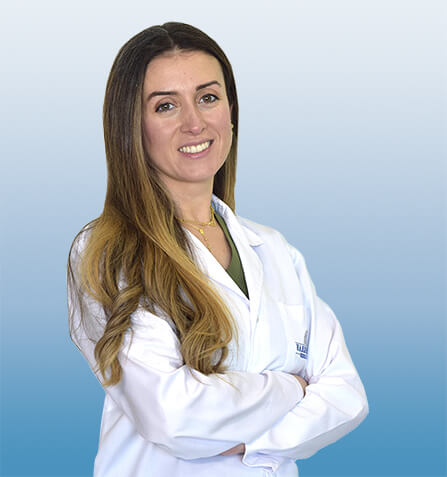
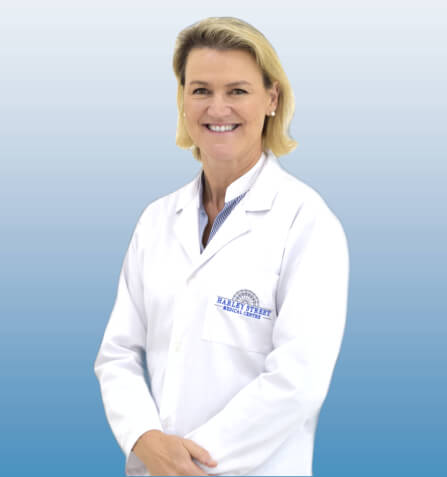

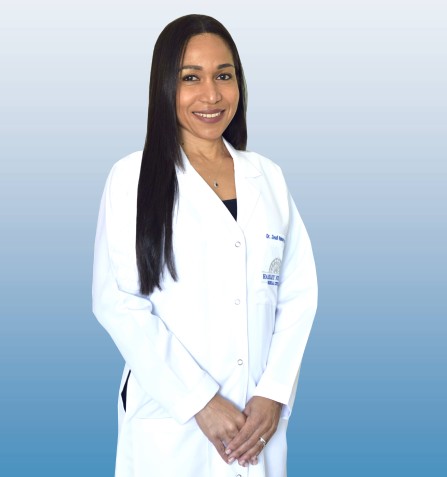
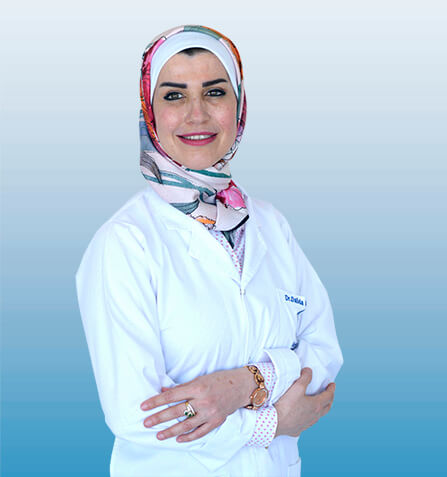
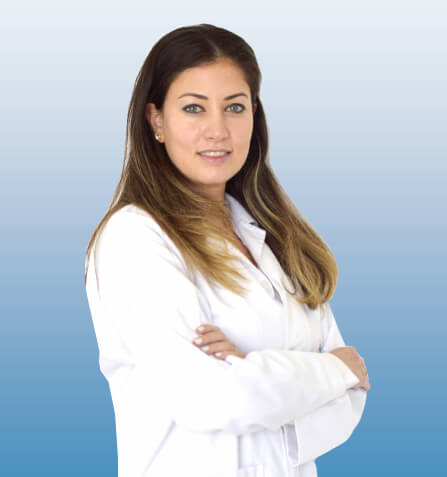

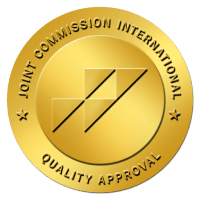
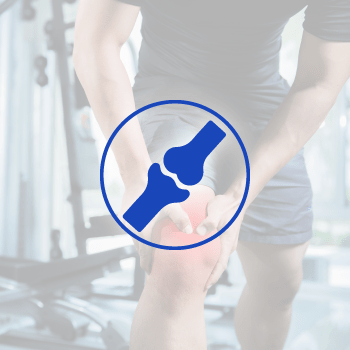 أنقر هنا
أنقر هنا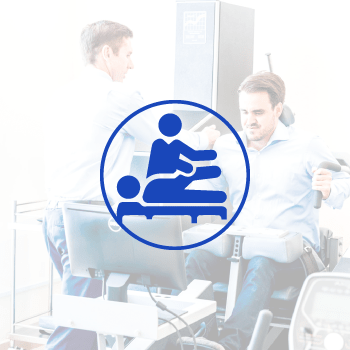 أنقر هنا
أنقر هنا
